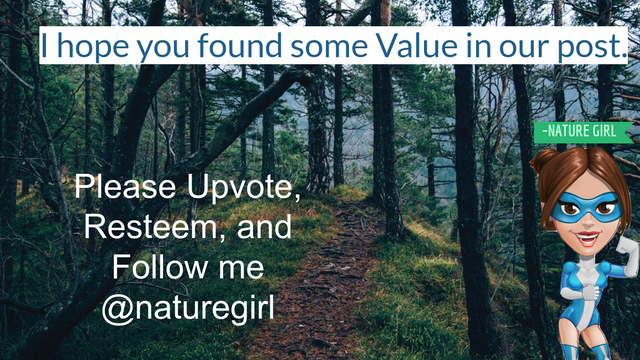The Unbelievably Easy Hack for Growing Free Super Food Even Without Space or Land
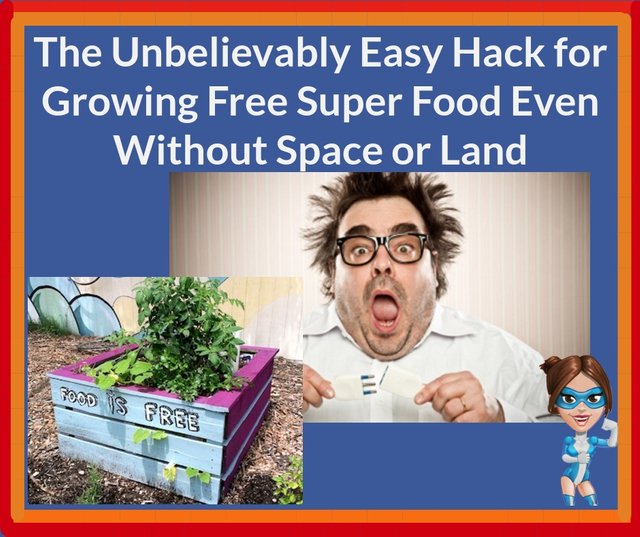
You Don’t Have to Be Left Out from Growing Your Own Food!
Container gardening is an excellent alternative to a dug garden if you don't own your property or if you live in a small space. I've even seen gardeners use the bed of their pick up truck for planting vegetables!
Container gardens need more care when it comes to keeping them watered, but they can be put just about anywhere so they are a good solution if you need a garden for a specific purpose. Use plenty of organic mulch to keep moisture in.
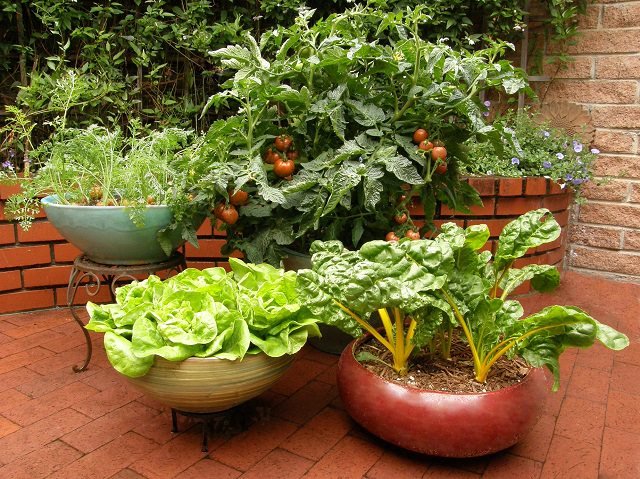
Photo Credit: Balcony Garden Web
What and Where Can You Grow?
What can you grow? Almost anything. Vegetable plants, greens, herbs, even berries and dwarf fruit trees can be grown in pots.
Some city ordinances do not allow for dug gardens, especially in the front yard, but you can often get away with container gardens on porches, patios, balconies, decks, stairs, and even lining a driveway. Determine whether your plants need full sun or some shade and place them where you want.
Some preppers grow food discreetly. You can grow root vegetables like potatoes and Jerusalem artichokes in pots and they just look like green plants.
Other gardeners like to show off what they are growing in decorative pots or antique collectables like old claw-footed bath tubs. Just make sure you have drainage holes and rocks or pieces of broken pottery in the bottom for good drainage.
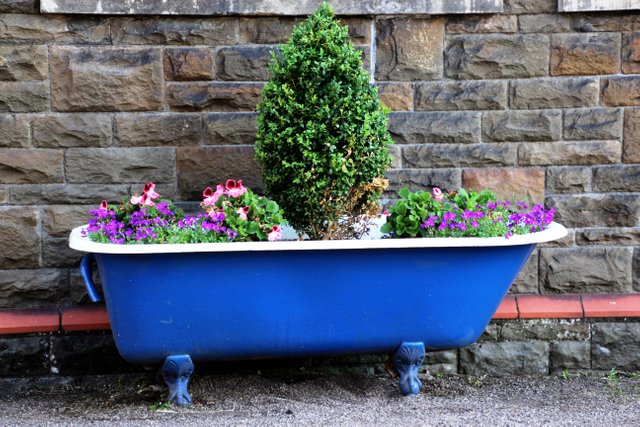
Photo Credit: terimakasih0, Pixabay
What Do You Need?
Growing in containers is pretty simple. You need to choose a container, soil and plants.
Plastic pots seem to do best for holding in moisture, but organic gardeners do not usually like to grow in plastic. Clay pots will seep more moisture and the potted plants will need to be watered more often.
Plants in containers can easily be brought indoors or into a greenhouse for winter and then hardened off in the spring to come back outside. Check for bugs, mildew and any disease before bringing them indoors.
A container garden is the perfect beginner's garden if you just want to get started with your favorites produce. You will need to use potted plant soil and not dirt from the ground. Dirt is usually too compact and not aerated, so plants won't grow. Buy some potting soil at your local garden store and fertilize as only as needed. Organic compost may be added on top or mixed into the soil as needed.
You will need to find out what kind of soil your plants like to grow in, such as acidic or alkaline. A garden store can help you get the right kind of soil for your plants. Get them off to a good start with good soil and you shouldn't have a problem growing your own food.
Be sure to harvest rain water if it is legal to do so in your area. Unfortunately, not everyone can do this. If you can, it is a blessing to do so.
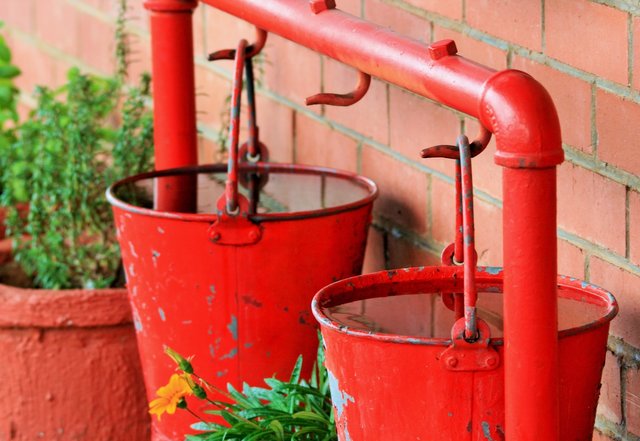
Photo Credit: PublicDomainPictures, Pixabay
More Places to Grow
Creative gardeners will find just about any place to grow food. Old hollowed out logs make nice places to grow edible flowers. Rooftop gardens are springing up for sun-loving plants. Community gardens (often in raised beds) are places to connect. Even abandoned lots and alleyways are put to use with free food for neighborhoods by community-minded gardeners. Some neighborhoods also allow food to be planted in the ground between sidewalks and curbsides. This is unusual, but a few communities see the need and allow for it.
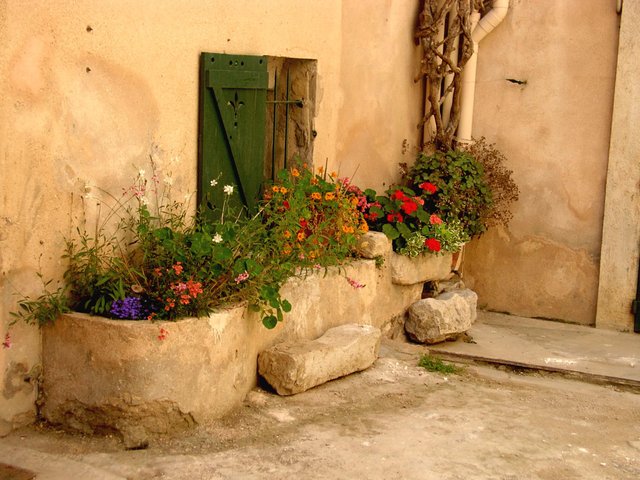
Photo Credit: FaceGuard, Pixabay
We can do so much more to plant food than what we may realize.
Click Here to see more of our content.
